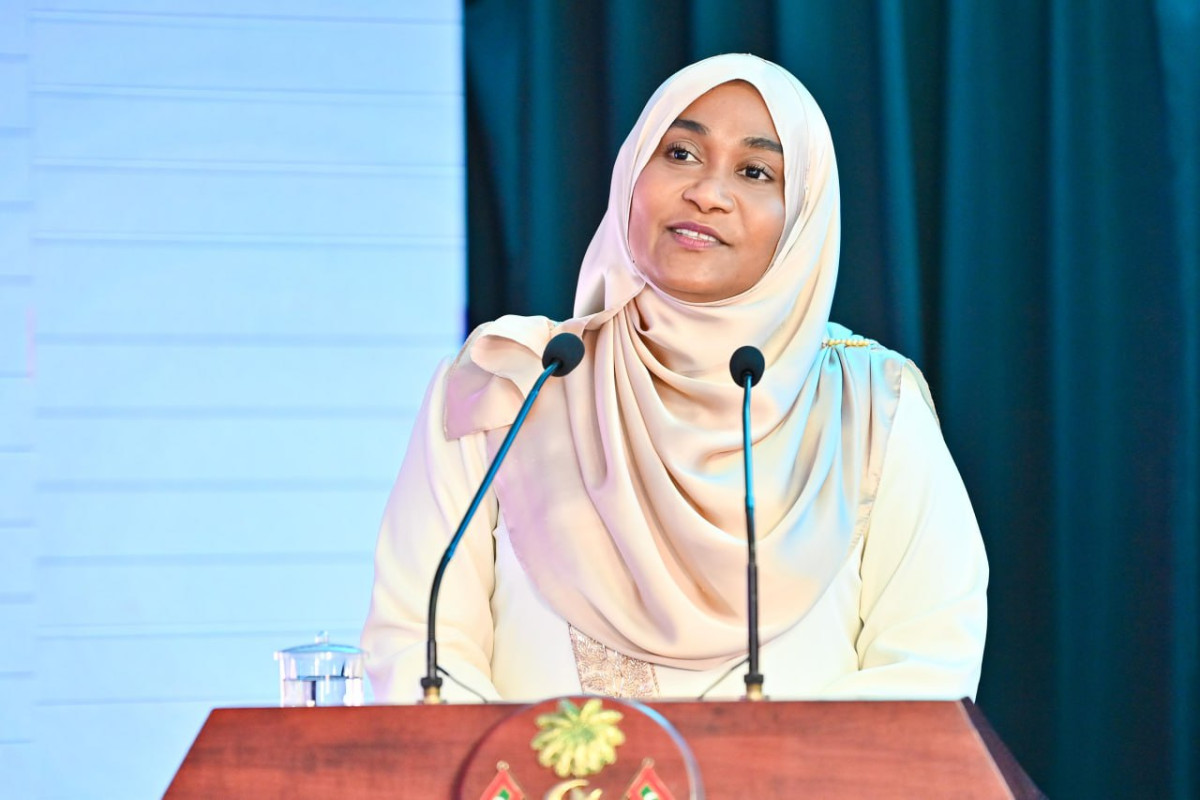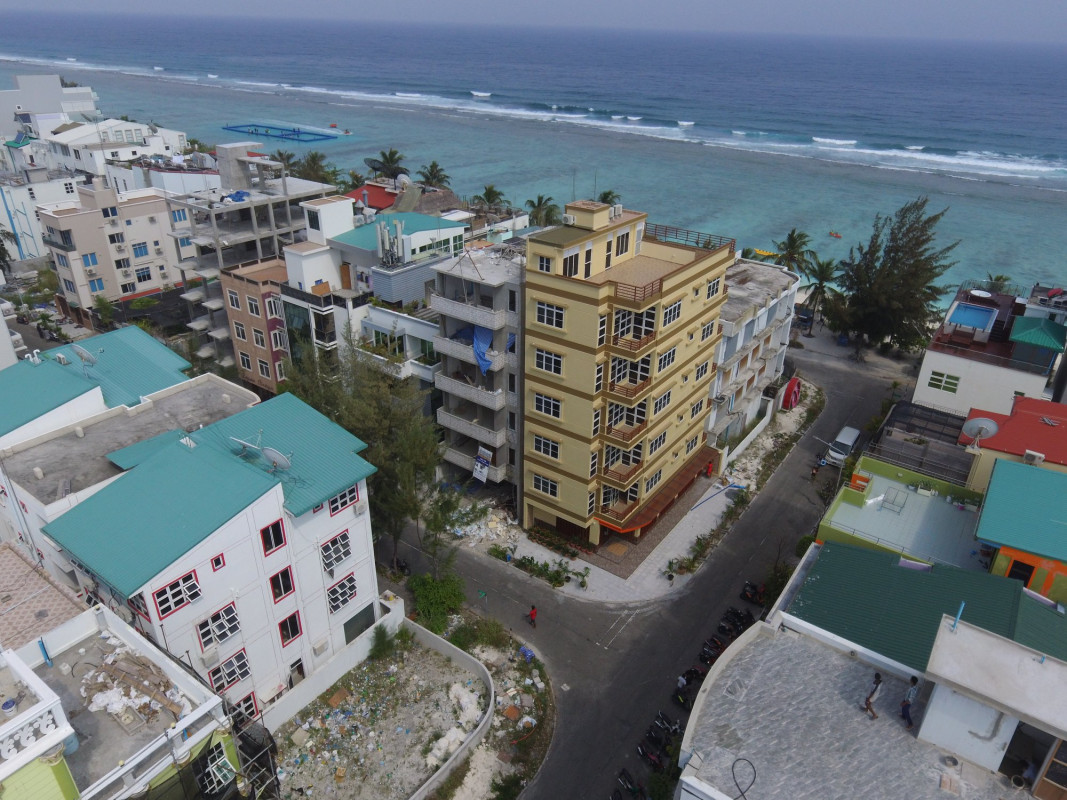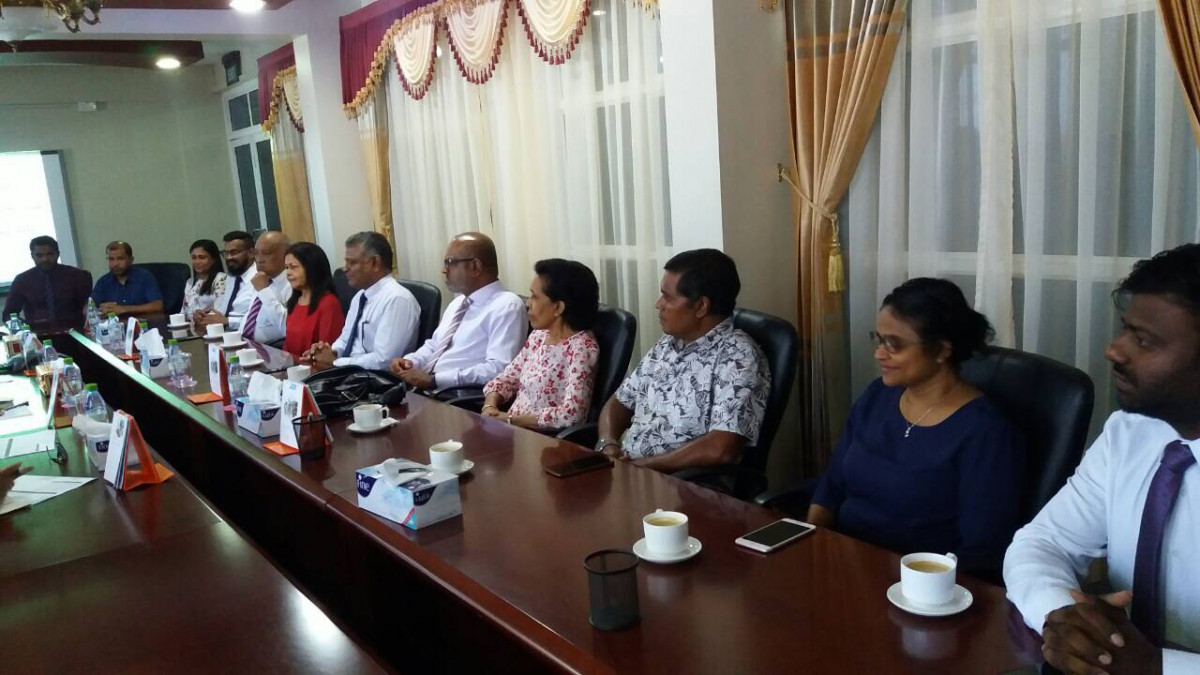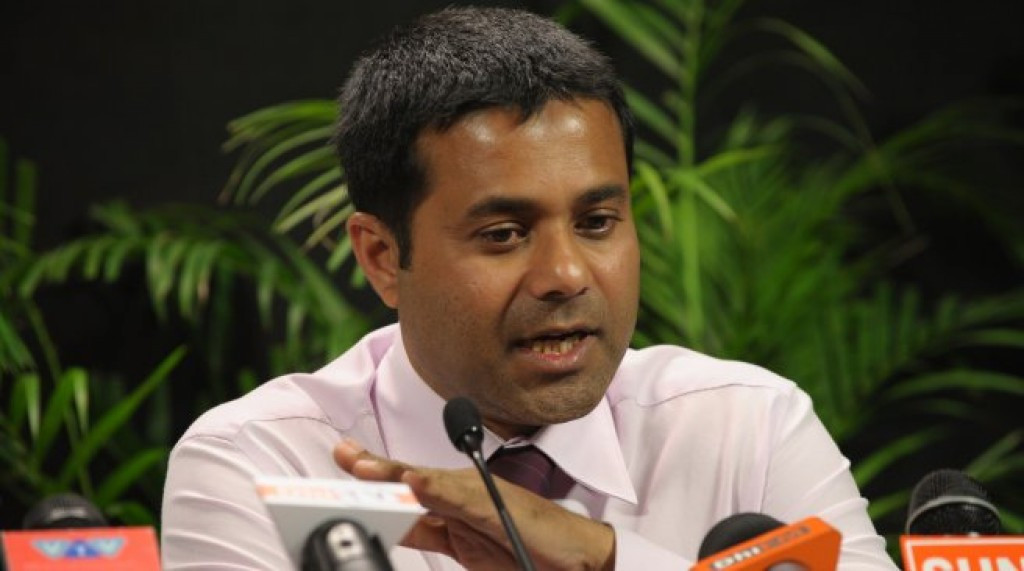CPI: Maldives advances 55 positions with Solih administration's tough stance against corruption
Trasparency International's Corruption Perceptions Index (CPI) offers annual snapshots that rank 183 nations relative to degree of corruption perceived from them


Maldives gained an additional 14 points on the CPI in 2020, advancing 55 spots to the 75th position
Maldives attained an additional 14 points in the Corruption Perceptions Index (CPI) between 2019 and 2020 as a result of the Solih administration's tough stance against corruption, advancing 55 positions on the CPI from the 130th position to its current spot at the 75th position.
The CPI is Transparency International's flagship research project which offer annual rankings for 183 countries that place them along the index based on the relative degree of corruption perceived from those countries.
The CPI is based on comprehensive barometer surveys of tens of thousands of people around the world, where they are asked about their views and experiences in relation to the countries they live in. The index is based on the results of these qualitative surveys and conclusions from expert analysts. On the CPI, 0 represents countries determined to be highly corrupt, and numbers close to 100 represent countries which exhibit relatively low degrees of corruption based on thorough examination.
The CPI is compiled from results from at least three separate data sources. The 2019 CPI placed Maldives in the 130th position with 29 points. In 2020, the Maldives was seen to advance 55 spots to the 75th position with 43 points. The three internationally-accepted factors evaluated in advancing the Maldives position in 2020 are the Economics and Country Risk data presented by Global Insights, in addition to evidence presented by the Varieties of Democracy Project, along with the World Banks' data on Country Policy and Institutional Assessments.
The updated CPI by Transparency International evaluates Maldives for the period between January 2019 and January 2020. While incumbent President Ibrahim Mohamed Solih's administration made great strides in attempting to mitigate the issue of national corruption in the country, Maldives still remains among countries who received less than 50 points on the CPI. Legislative frameworks were also revised and strengthened against corruption on the country, but the survey depicts the Maldives as having much work to do to successfully discourage acts of corruption and implement effective counter measures.
In a press statement released on Thursday following the Maldives' advancement on the CPI, Transparency Maldives highlighted the importance of evaluating how the Maldives Covid-19 pandemic recovery efforts, and how the nation was adapting towards the new normal. The report reads that an important takeaway from this year's CPI is that while corruption differs in scale and scope across regions, it has proved to be a universal obstacle to effectively combating the Covid-19 pandemic. The report further notes that Covid-19 has been observed not just to be a health and economic crisis, but a corruption crisis as well.
Alluding to the present state of corruption in the Maldives, Transparency International has offered the following recommendations to the Maldivian government:
Strengthen oversight institutions to ensure resources reach those most in need. Anti-corruption authorities and oversight institutions must have sufficient funds, resources and independence to perform their duties;
Ensure open and transparent contracting to combat wrongdoing, identify conflicts of interest and ensure fair pricing;
Defend democracy and promote civil space to create enabling conditions for holding government accountable;
Publish relevant data and guarantee access to information to ensure the public receives easy, accessible, timely and meaningful information, including on public spending and resource distribution, which are particularly relevant in emergency situations.
The aforementioned recommendations are supported by Transparency Maldives, and underscore the importance of transparency and anti-corruption measures for a democratic state in the midst of national and global emergencies.






